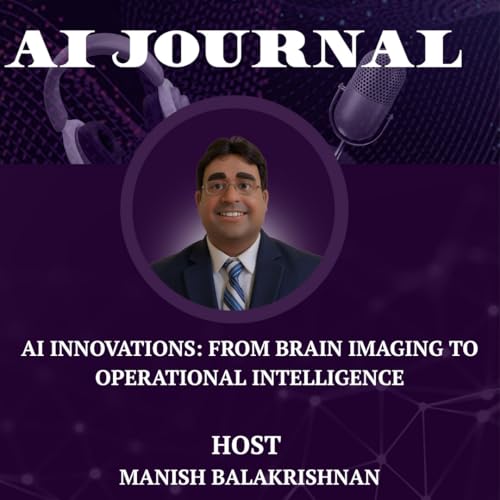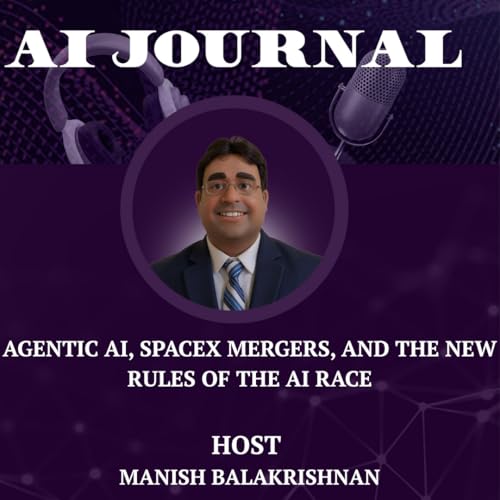Episode Summary
In this episode, we explore how artificial intelligence is moving from experimentation to real-world execution across industries. We begin with Palladyne AI’s mission-critical defense contract, highlighting how AI-driven manufacturing is becoming embedded in long-term, high-reliability programs. We then shift to Mozilla’s decision to give Firefox users full control over AI features, signaling a growing demand for transparency and user choice.
Next, we examine how AI has redefined the software engineering career, where fundamentals are no longer enough and AI fluency is now expected—even in interviews. Finally, we look at why many AI strategies fail, with insights from SENEN Group on how poor data quality continues to undermine enterprise AI adoption. Together, these stories reveal a clear trend: AI success today depends on readiness, responsibility, and strong foundations.
What You’ll Learn in This Episode
- Why AI is increasingly being trusted in mission-critical defense manufacturing
- How user control and transparency are becoming differentiators in AI-powered products
- Why modern software engineers must be hybrids, combining core skills with AI judgment
- How AI is reshaping technical interviews and hiring expectations
- Why data quality is the deciding factor between AI hype and real business value
- How enterprises are shifting from AI pilots to measurable, outcome-driven execution
Key Quotes from the Episode
- “AI isn’t just supporting defense programs—it’s being embedded into systems that must perform flawlessly over decades.”
- “The future of AI in consumer products isn’t about forcing features—it’s about giving users control.”
- “Strong engineering fundamentals are no longer a differentiator; they’re the minimum requirement.”
- “Knowing when to use AI matters just as much as knowing how to code.”
- “Most AI strategies don’t fail because of models—they fail because the data was never ready.”
- “This is the year enterprises stop experimenting with AI and start extracting real value from it.”
Proudly brought to you by PodcastInc www.podcastinc.io in collaboration with our valued partner, DSHGSonic www.dshgsonic.com
Connect with Us:
- Host: Manish Balakrishnan
- Subscribe: Follow AI News on your favorite podcast platform.
- Share Your Thoughts: Email us at support@podcastinc.io
 6 分
6 分 7 分
7 分 7 分
7 分 7 分
7 分 7 分
7 分 7 分
7 分 7 分
7 分 8 分
8 分
